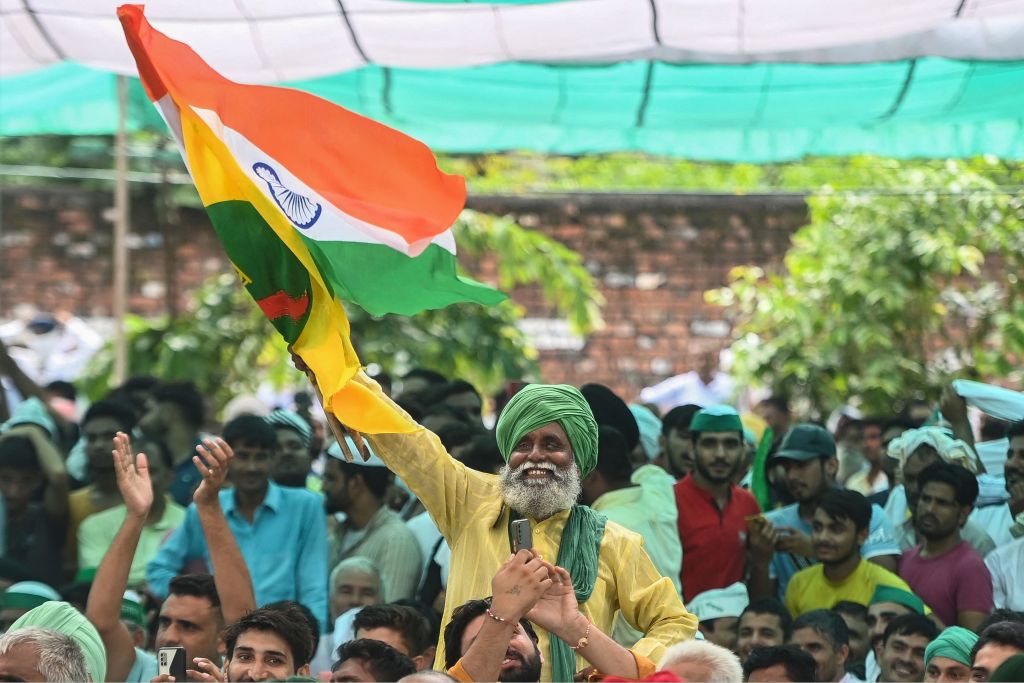- Thursday, April 25, 2024

By: Shubham Ghosh
A TOP human rights expert from the United Nations has welcomed the Narendra Modi government’s decision to repeal the three controversial farm laws that the government decided to withdraw in the face of the farmers’ relentless protests.
Michael Fakhri, the UN Special Rapporteur on the right to food, expressed hope that any subsequent action on reforming the country’s agriculture sector will be “informed” by its human rights commitments and taken through meaningful consultations with the farmers, communities and unions.
ALSO READ: Indian parliament repeals farm laws
Modi announced the decision to repeal the three farm laws on the occasion of Guru Nanak Jayanti on November 19 and apologised to the countrymen saying his government failed to convince the farmers despite having a good intention. He also urged the protesting farmers to return home.
Modi repeals three farm laws amid protests, apologises
“What was at stake with these laws was the stability of India’s entire food system. Let’s hope that subsequent actions on reforming Indian agriculture are informed by the country’s human rights commitments and taken through meaningful consultations with farmers, communities and unions,” Fakhri, who was appointed by the UN Human Rights Council last year, said.
“While I acknowledge the lengthy process that preceded the passing of the laws, what ensued over the last year is an indication of the deep dissatisfaction felt by hundreds of thousands of people,” Fakhri said in a statement on Friday (26).
It also said that the move illustrates that freedom of expression is a valuable tool for empowering people to influence policy change through mobilisation and peaceful protest.
It said along with other experts at the UN, the special rapporteur has also engaged with the government about the laws’ potential to detrimentally affect the right to food and the restrictions imposed on fundamental freedom the authorities imposed amid the protests.
“We should reflect on questions on what meaningful public consultations should ideally entail, and how a more participatory approach could lead to more popular decisions. The Government should consider how agricultural reforms can be implemented in full respect and fulfilment of the country’s economic, social and cultural rights, including the right to food,” Fakhri said.
He also said that the Supreme Court of India played a key role when it ordered the Indian government to provide more time and space to hear the farmers’ grievances.
“Now, to truly turn the page on this painful chapter, it is incumbent on the authorities to heed calls for accountability concerning more than 600 casualties reported during the protests, and guarantee measures to prevent any repetition of such events,” the statement said.
The UN release also said that Fakhri’s call was endorsed by special rapporteur on the right to freedom of opinion and expression Irene Khan, special rapporteur on human rights and the environment David Boyd and special rapporteur on extreme poverty and human rights Olivier De Schutter.
![]()